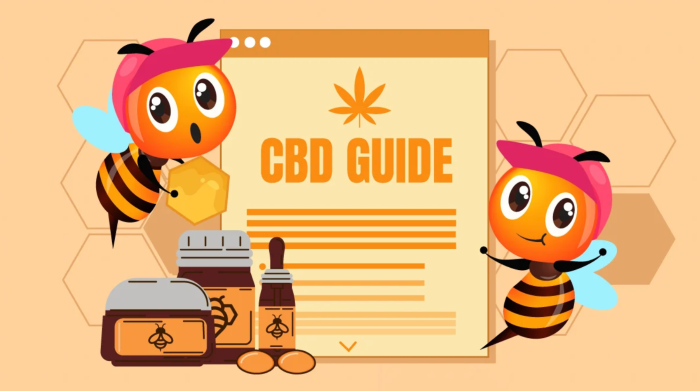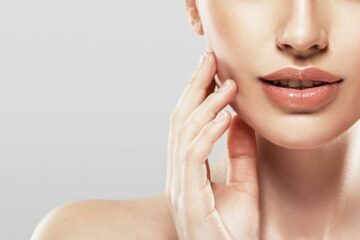A Comprehensive CBD Guide for Beginners

CBD, short for cannabidiol, is a natural compound found in the cannabis plant. Unlike its cousin THC (tetrahydrocannabinol), CBD does not produce a psychoactive effect, meaning it won’t get you high. Instead, it offers a range of potential health benefits and has gained popularity in recent years for its therapeutic properties. But if you’re new to CBD, choosing a product to suit your needs may be difficult. Below, we’ll explore the range of products on offer, from CBD oil and CBD cream to edibles, and take a closer look at how this natural product works.
The Science Behind CBD
CBD interacts with the endocannabinoid system (ECS) in our bodies, which plays a crucial role in regulating various physiological processes. The ECS is responsible for maintaining balance or homeostasis, impacting functions such as mood, sleep, appetite, and pain perception. CBD helps to enhance the ECS’s activity, potentially leading to positive effects on overall well-being.
What CBD Can Help With
Pain Management: CBD has been studied for its potential analgesic properties. It may help reduce chronic pain caused by conditions such as arthritis, multiple sclerosis, and migraines.
- Anxiety and Stress: Many people use CBD to alleviate symptoms of anxiety and stress. It may promote relaxation and a sense of calmness.
- Sleep Disorders: CBD might assist with sleep-related issues, such as insomnia, by improving sleep quality and addressing underlying causes of sleep disturbances.
- Epilepsy: One of the most well-established medical uses of CBD is in the treatment of certain types of epilepsy, particularly in children with Dravet syndrome and Lennox-Gastaut syndrome.
- Skin Conditions: Topical CBD products like creams and balms may benefit individuals dealing with skin problems like eczema, acne, or psoriasis.
Types of CBD Products
- CBD Oil: CBD oil is one of the most popular forms of CBD. It is typically taken sublingually (under the tongue) for faster absorption. It can also be added to food and beverages.
- CBD Edibles: These are CBD-infused products like gummies, chocolates, or baked goods, making consumption both enjoyable and discreet.
- CBD Topicals: Creams, lotions, and balms infused with CBD are designed to be applied directly to the skin for targeted relief.
- CBD Capsules: CBD capsules are pre-measured, making dosing easy and convenient, and they are tasteless, which can be beneficial for those sensitive to the natural hemp flavour.
- CBD Vapes: Vaping CBD allows for quick absorption into the bloodstream, but caution should be exercised due to potential risks associated with vaping.
Finding the Right Dosage
The appropriate CBD dosage can vary depending on factors such as body weight, individual tolerance, and the condition being treated. It’s generally recommended to start with a low dose and gradually increase until the desired effects are achieved. Consulting with a healthcare professional experienced in CBD use can provide personalized guidance.
Is CBD Legal?
The legal status of CBD varies from country to country and even within different states or regions. In many places, CBD derived from hemp with less than 0.3% THC is legal, while CBD from marijuana may be subject to stricter regulations. It’s essential to research and understand the laws in your area before purchasing or using CBD products.
Quality Matters: Choosing Reputable Brands
With the growing popularity of CBD, the market has become flooded with products of varying quality. To ensure safety and effectiveness, look for reputable brands that provide third-party lab test results, ensuring the product’s potency and purity. Avoid products with vague labelling or excessively cheap prices, as they might not meet quality standards.
Potential Side Effects and Precautions
While CBD is generally considered safe, some individuals may experience mild side effects such as drowsiness, dry mouth, or changes in appetite. It’s essential to be aware of potential drug interactions, especially if you are taking medications. Always consult with your healthcare provider before incorporating CBD into your wellness routine.
CBD has shown promising potential in offering relief for various health issues, but it’s essential to approach it with knowledge and caution, especially as a beginner. Understanding the science behind CBD, its different product types, dosing considerations, and legal aspects will help you make informed decisions and fully embrace the benefits of this natural compound. Remember, consulting with a healthcare professional is crucial to ensure CBD is safe and appropriate for your individual needs.










